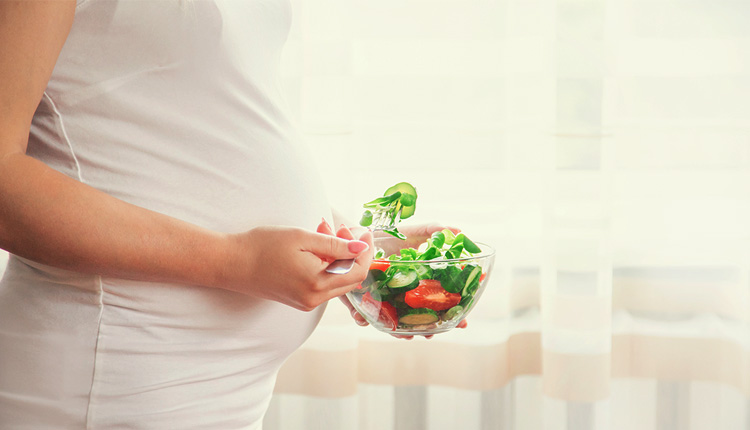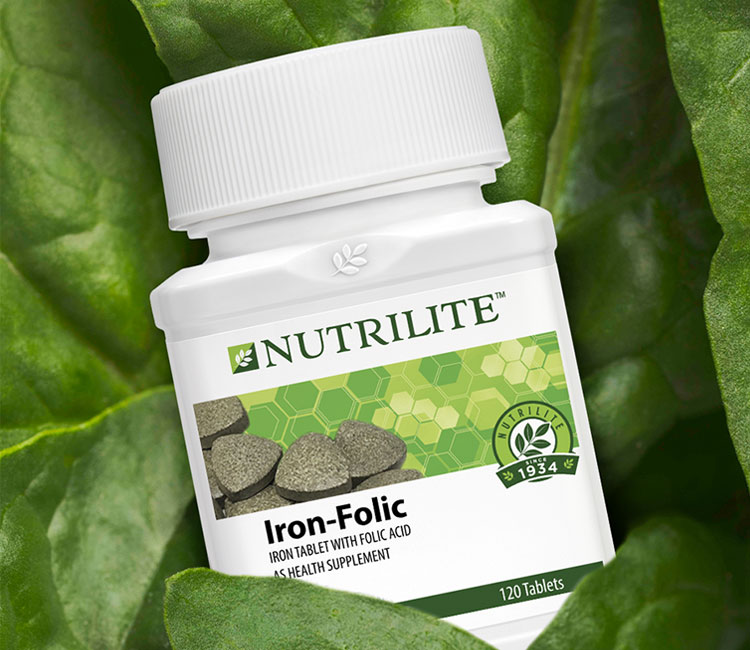Congratulations! You’re either thinking of having a baby or on your way to welcoming one, and that is exciting news. As a prospective parent, you want to do your best to take care of your darling little one. But did you know it’s equally important to take care of yourself too?
When mothers are healthy, their babies also grow strong and healthy in the womb. Which is why it’s important for pregnant mums to ensure that they’re consuming enough nutrients and vitamins for themselves and their babies.
One of the most important vitamins for healthy fetal development is folic acid. Let’s dive deeper into why consuming enough folic acid is vital for pregnant mums.
Folic acid is a synthetic, water soluble form of folate, a type of Vitamin B. It’s an essential vitamin for everyone - not just pregnant mums - since it plays a role in the production of red blood cells and the proper development of the fetus, children, and adult human body.

The benefits of folic acid are far and wide with the two most important being its role in minimising the risk of spina bifida and neural tube defect in fetuses.
Spina bifida is a condition where the baby’s spine and spinal cord don’t form properly. Meanwhile, neural tube defects occur when the fetus’s neural tube development is affected, causing severe conditions such as paralysis and the loss of bladder control once the baby is born. Research has shown that taking a daily folic acid supplement of 400 - 600 micrograms can help reduce the risk of the baby developing spina bifida and similar birth defects by up to 70%.
Additionally, in mothers, having enough folic acid can contribute to a lower risk of miscarriage.
Like most things in life, too much of a good thing can have its disadvantages. While low levels of folate in the blood can lead to health issues and the risk of birth defects, excessive levels of folate can also lead to problems.
Studies have indicated that consuming too much folic acid (over 1,000 mcg of folic acid per day) when pregnant can lead to increased insulin resistance and slower brain development in children after they are born. Furthermore, high levels of folate in the blood have also been linked to accelerating age-related mental decline in adults.
That’s why, before consuming any folic acid supplements, it’s best to check with your doctor on the best folic acid doses for you and your baby’s health.

In its natural form, folate is readily available in leafy green vegetables and citrus fruits. There are also many cereals, pastas and flours today that are fortified with folic acid today.
However, it’s recommended for to-be mums to consume at least 400 micrograms of folic acid per day from 12 weeks before you become pregnant. So, while you could consume your folic acid through a diet, you have no way of guaranteeing that you are consuming enough folic acid from food alone. That’s why you might need to look at taking a folic acid supplement.

Nutrilite Iron Folic offers the dual benefit of ensuring you have your daily iron and folic acid requirements met. Each tablet contains 0.133 mcg of folic acid and 10mg of ferrous fumarate and ferrous gluconate, two well-tolerated forms of iron. Suitable for pregnant mums and those with iron anaemia or folic acid deficiency, the supplement also offers the added benefit of plant phytonutrients with the addition of Nutrilite spinach concentrate.
Pick up your bottle of Nutrilite Iron Folic Acid today!
References: